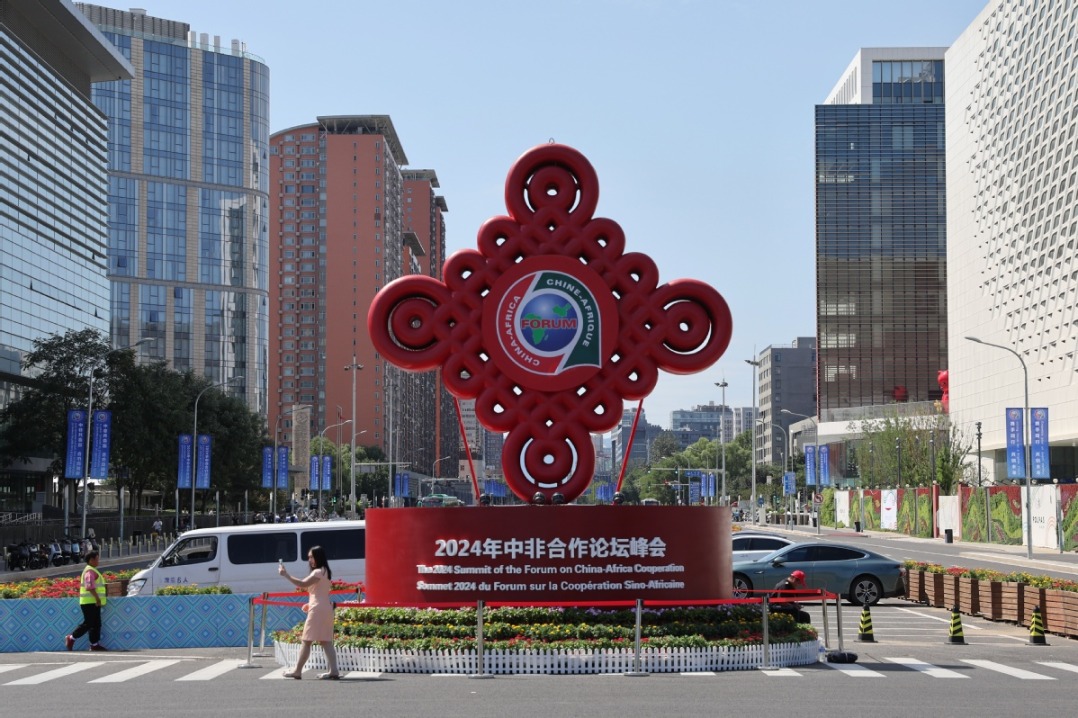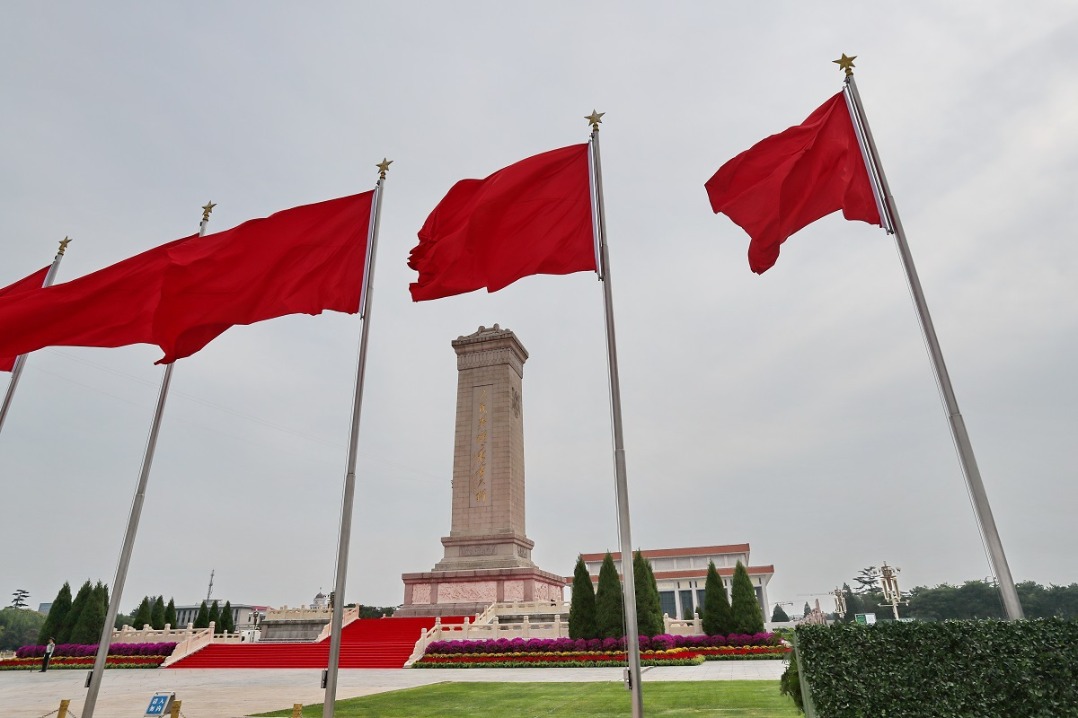US demands filial loyalty from 'family members'
By LI YANG | China Daily | Updated: 2024-06-25 07:25

One day after Russian President Vladimir Putin ended his trip to Vietnam, US Assistant Secretary of State for East Asian and Pacific Affairs Daniel Kritenbrink arrived in the Southeast Asian country on Friday for a two-day visit.
Putin's visit to Hanoi triggered a sharp rebuke from the US embassy in Vietnam, which said that "no country should give Putin a platform to promote his war of aggression and otherwise allow him to normalize his atrocities".
Although the United States Department of State has claimed Kritenbrink's visit is to underscore the strong US commitment to "working with Vietnam in support of a free and open Indo-Pacific region", and the mutual trust between the US and Vietnam is at an "all-time high", the haste with which the trip was arranged exposes Washington's anxiety at the prospect of losing Hanoi to Moscow.
By saying that "only Vietnam can decide how best to safeguard its sovereignty and advance its interests", the US East Asia envoy tried to pretend Washington respects Hanoi's strategic autonomy. But the great lengths he went to later in a bid to remind Hanoi of the US' importance to Vietnam as the latter's largest exporting market sounded more like intimidation.
As predicted, Kritenbrink also took advantage of the trip to tighten the screws on Hanoi over the South China Sea issue, urging his Vietnamese hosts to realize that China's increasingly "assertive" actions in pressing its claims in the South China Sea were a cause of "great concern" for the region and the world.
"We think that China's actions, particularly its recent actions, around the Second Thomas Shoal (China's Ren'ai Reef), vis-à-vis the Philippines have been irresponsible, aggressive, dangerous, and deeply destabilizing," Kritenbrink said. He also stressed that the defense treaty between the US and the Philippines is "ironclad".
These China-related remarks, along with the palpable concerns Washington has shown over the flirtation of Hanoi and Moscow, belie the "centrality" of the Southeast Asian countries that the US said it respects in handling regional affairs, as well as the US' commitment to regional peace and stability.
All regional countries, including Vietnam and the Philippines, see clearly that the US regards its mutual defense treaty with its allies as leverage to use force against any country that it deems threatens its allies' interests, if not its own.
Even the allies under the US' wings are well aware they are only pieces on the US' board of geopolitical games, and the mutual defense treaties are nothing but shackles and chains imposed on them to do the US' bidding.
In the eyes of Washington, the "free and open Indo-Pacific" means the US can freely intervene in regional affairs and all regional countries should remain open to its interventionist, coercive, bullying, divisive and warmongering behaviors. That's also why the US sees only the allies that surrender to its technical hijacking as "free and open" enough to be qualified members of its "Indo-Pacific" family.
























